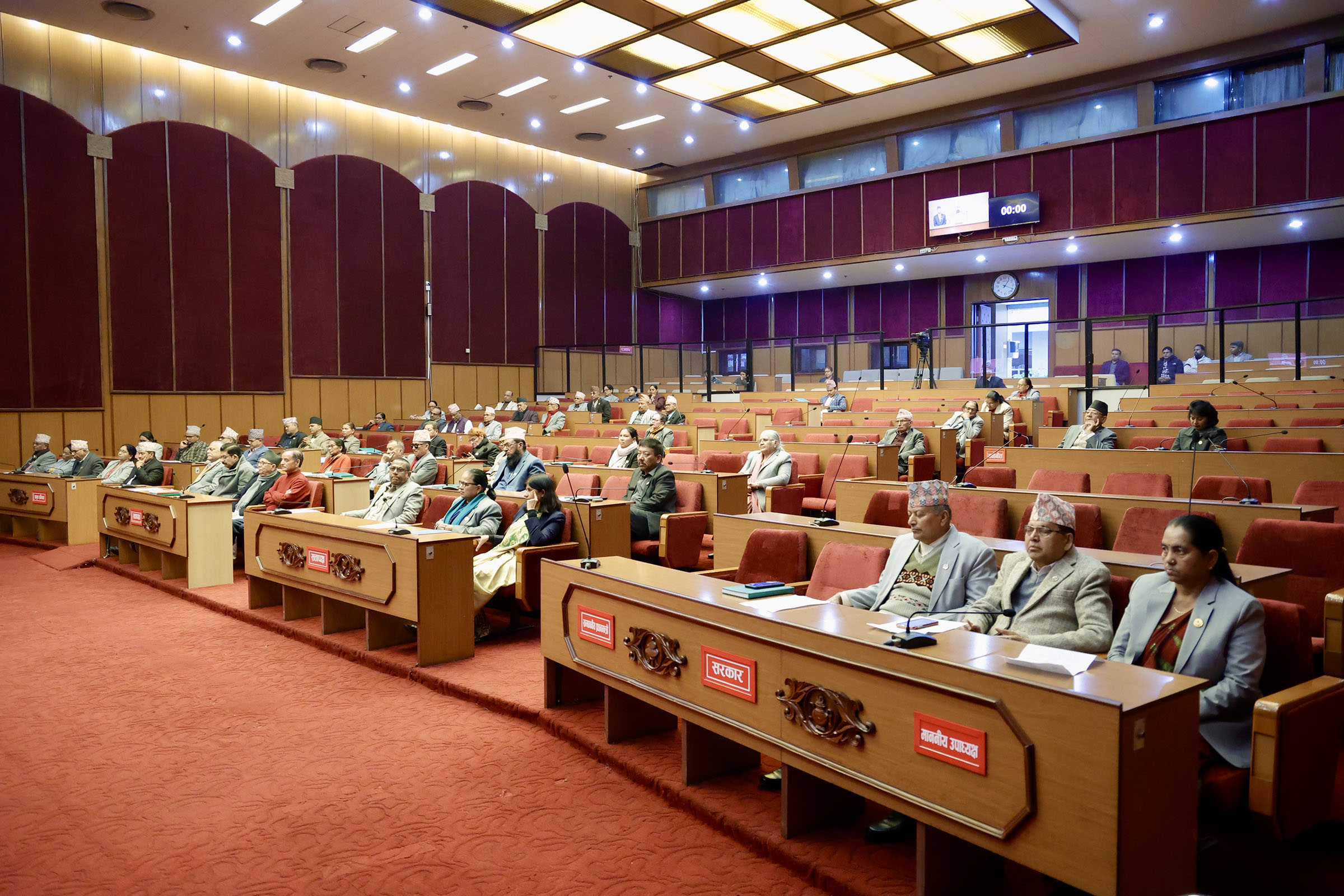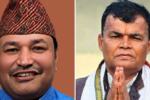KATHMANDU: A resolution motion on dignified menstruation was registered in the National Assembly.
The motion introduced by lawmaker Madan Kumari Shah (Garima) was registered in the National Assembly (NA) on the first day of the 17th Session of the Upper House.
It calls for the formulation of necessary policies and revisions to existing ones to eliminate all forms of menstrual discrimination and establish dignified menstruation.
The motion has been seconded by MPs Sumitra BC, Bishnu Kumari Sapkota, Ganga Belbase, Puja Chaudhary and Dr Anjan Shakya.
The document refers to the preamble of the Constitution, which commits to eliminating all forms of discrimination and suppression, including gender-based discrimination, while upholding social justice, fundamental rights and human rights.
The resolution states that menstrual discrimination persists across all regions, religions, castes, and communities, and argues that such discrimination violates several fundamental rights guaranteed by the Constitution, including the Right to Live With Dignity (Article 16), the Right to Equality (Article 18), the Right Against Untouchability and Discrimination (Article 24), the Right Against Exploitation (Article 29), the Right to Clean Environment (Article 30), the Right relating to Health (Article 35), the Right relating to Food (Article 36), the Right to Housing (Article 37), the Rights of Women (Article 38), and the Rights of the Child (Article 39).
The lawmakers assert that social exclusion, violence and discrimination during menstruation, and the physical, mental, and emotional pain it causes hinder the overall development of menstruators.
They argue that tolerating menstrual discrimination perpetuates imbalanced power dynamics and patriarchy.
“Menstrual discrimination is gender-based violence. It is a violation of human rights and reflects the failure of the state to protect these rights,” reads the document.
To address this, the lawmakers call for the enactment of new policies, regulations, guidelines, and programmes, along with revisions to existing laws, to create an environment where all menstruators can fully enjoy their fundamental rights and achieve holistic development.









Comment